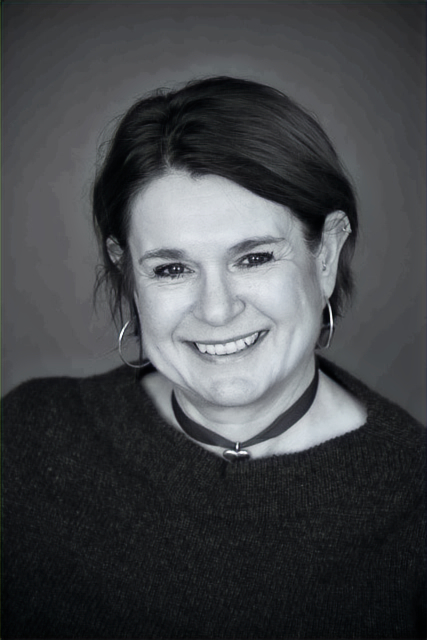Goal setting and completion in therapy
- Dr Caroline Taylor

- Oct 20, 2025
- 2 min read
Updated: Oct 24, 2025

According to Dr Caroline Taylor, it’s a good idea to have a goal in your therapeutic work. It gives you and your psychologist a sense of direction. If there is a goal, there is something to aim for and achieve. A direction of travel that you and your psychologist can work toward collaboratively. A goal that is achievable and meaningful. A goal that, if achieved, will change your life in some way.
In my practice people generally tell me what they don’t want in their life. They want something that is here, to not be here, or something they are experiencing, to be absent. Makes perfect sense. However it is difficult to find a direction to move toward something ‘not being there.’ The goal could be formulated by asking: what would you be able to do if this difficulty, was less intense or wasn’t here?
Here are a few tips when formulating your goals for therapy:
Make a goal about what, not a goal about not.
Are you working at the right ‘need’ and motivation level. Are all your fundamental needs met? If not, start there; sleep, food, water and moving your body. Make a goal about that.
There should be no more than 3 goals. Preferably, just one goal at a time.
It is difficult to be motivated. Behaviour is where the most change happens. Choosing to do something different, to live life differently, takes a lot of brain power; the fantasy is easy the reality can be a challenge, so start small and grow from there.
Staying close to the goal is important, it will help you focus, and return to the goal which may need refining.
So, for example, my goal could be to write a blog in an hour (Just like this). Except I didn’t. I don’t know how long it took, but it was more than an hour. I got distracted by emails and messages as well as thinking about my weekend.
How could I make this goal more realistic?
I never consider my Dyslexia, I expect myself to magically not have difficulties with reading and writing. Perhaps I could allow myself more time, reduce the expectation of myself and be kind. An hour could be too long, I could trial 20-25 minutes. What we need in behavioural change is successive approximations of the target goal, not to be able to do it all at once.
Top tips for staying close to the goal and succeeding.
If you don’t do it, whatever it is, you can do it later or tomorrow, it’s OK. It’s difficult to change, but have another go, make some adaptions and experiment to find what works for you.
It’s not all or nothing.
Just come back to it, if you have missed a few days due to low motivation, just carry on, you haven’t gone back to the drawing board, you are learning.
Be kind to yourself.
Keep the goal but make some changes in how you are going to get there.
It is worth it!







Comments